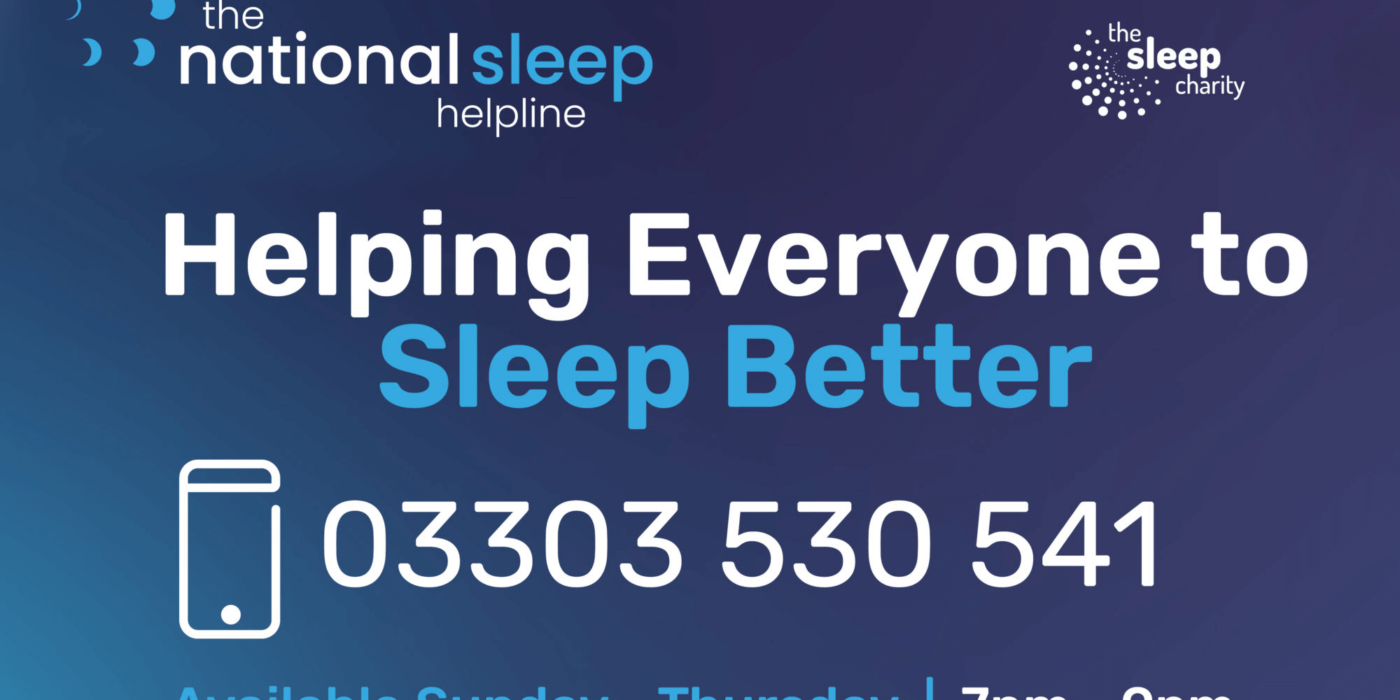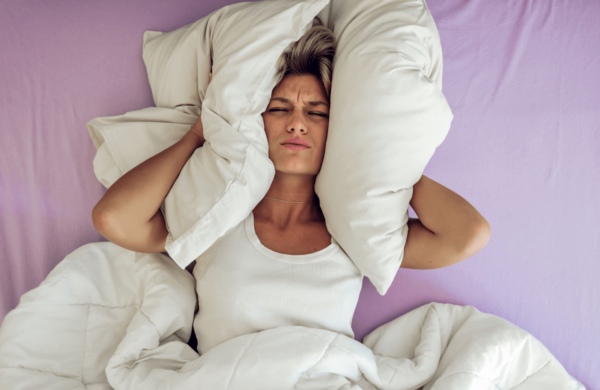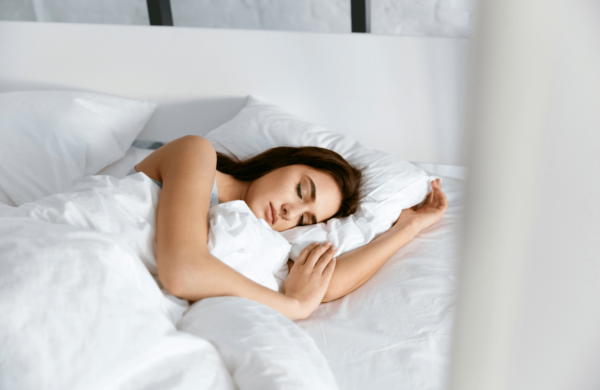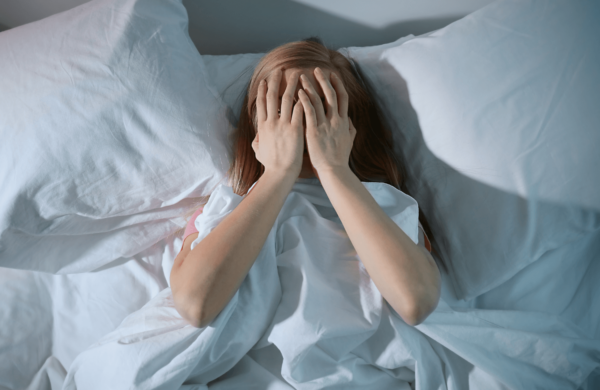Discovering The National Sleep Helpline & Uncovering Sleep Tips & Tricks
How often do we underestimate the power of a good night’s sleep? It’s no secret that our sleep habits have a direct impact on our overall health and well-being.
Yet, more and more of us are struggling with sleep related issues, making it vital to tackle these concerns head on.
That’s where the National Sleep Helpline steps in. This initiative, courtesy of the UK based charity ‘The Sleep Charity‘, is a beacon of support for those grappling with sleep disorders.
National Sleep Helpline:
03303 530 541
Think of this blog as an extension of the support offered by the helpline.
Here, we’ll explore an assortment of sleep aids, from tried and true supplements to lifestyle tweaks, all designed to enhance your sleep quality.
Our goal? To guide you on your journey towards better sleep and improved health.

Let’s Talk Sleep Supplements: Your Secret Weapons for Better Zzz’s
Magnesium Glycinate:
Ever wonder, “Can magnesium really help me sleep?”
The answer is a resounding yes.
This essential mineral is a key player in regulating our sleep by managing neurotransmitter function and calming the nervous system.
A daily supplement of 500mg of magnesium glycinate could help you drift off faster and enjoy more restorative sleep.
Sleep Patches:
These ingenious little patches, infused with natural essential oils like lavender and the calming properties of transdermalhemp, offer a convenient solution to sleep woes.
Pop one on your upper arm each night, and you’ll find it helps coax you into sleep, improving its quality and leaving you feeling more refreshed come morning.
Ecklonia Cava:
This isn’t just any seaweed. Ecklonia Cava boosts alpha waves in the brain and has a positive influence on GABAA-BZD receptors.
Together, these effects ramp up sleep quality and efficiency.
Try a daily dose of 300mg and notice the improvement in your sleep.
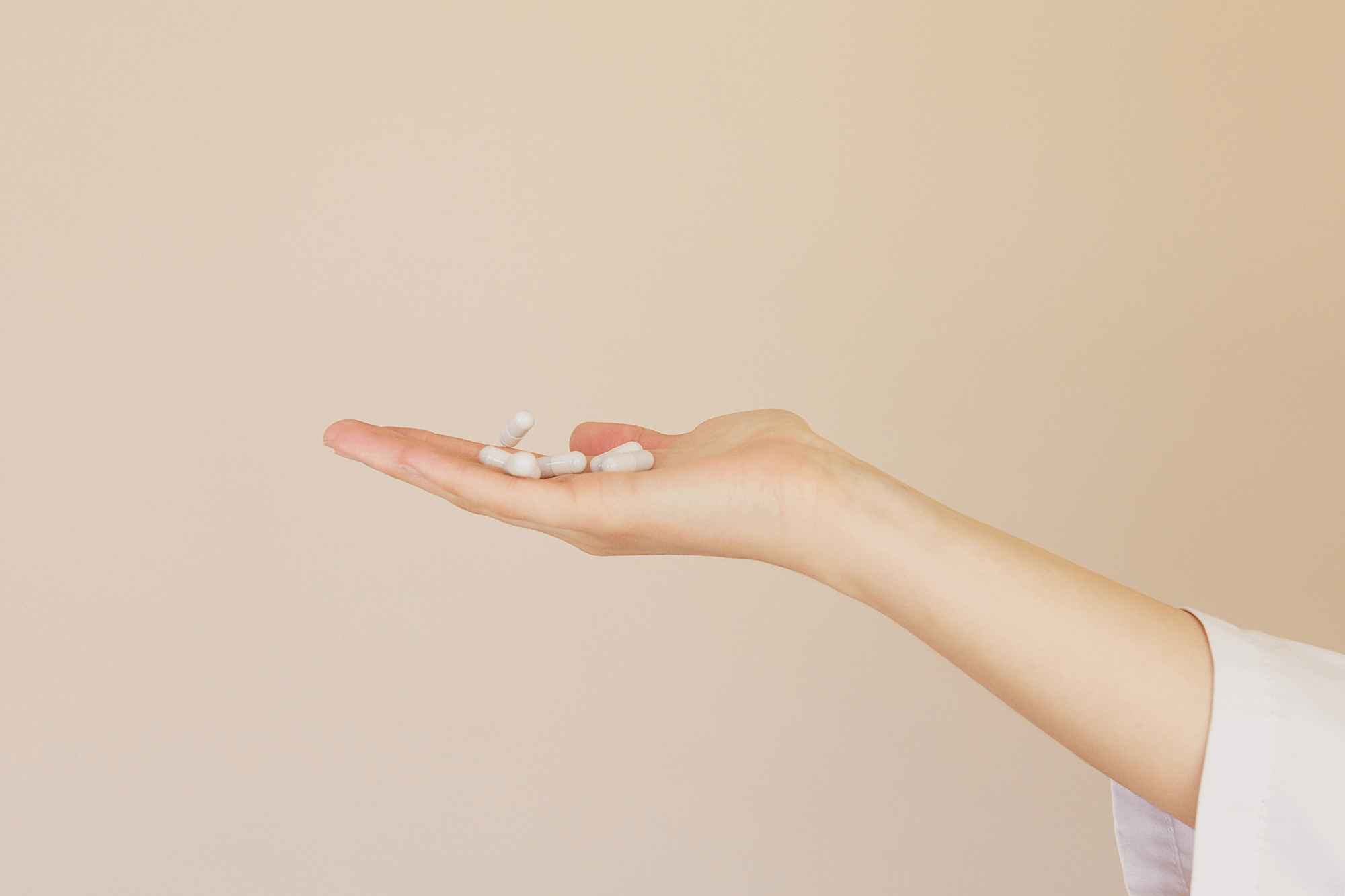
Glycine:
Meet the behind the scenes superstar of amino acids. Glycine is hard at work in our bodies, crafting all sorts of proteins, including those that help us sleep.
Taking about 3 to 5 grams (3000mg to 5000mg) of glycine before bedtime could be your golden ticket to falling asleep faster and experiencing more sound sleep.
So, instead of counting sheep, think about adding some glycine to your bedtime routine.
CBD Oil for Sleep:
Curious when to take CBD oil for sleep? This popular supplement works best about 30 minutes before you plan to sleep, either as oral drops or calming patches. It can help ease you into a restful slumber.
L-Theanine:
This amino acid is a relaxation powerhouse. It helps ease anxiety and promotes sleep, setting the perfect mental stage for rest.
Try a dose of 250mg to 500mg, ideally paired with magnesium.
Reishi Mushrooms:
Consuming 500mg to 3000mg of reishi mushrooms can aid sleep.
These natural mushrooms, available in capsule form, offer a range of health benefits alongside improved sleep.
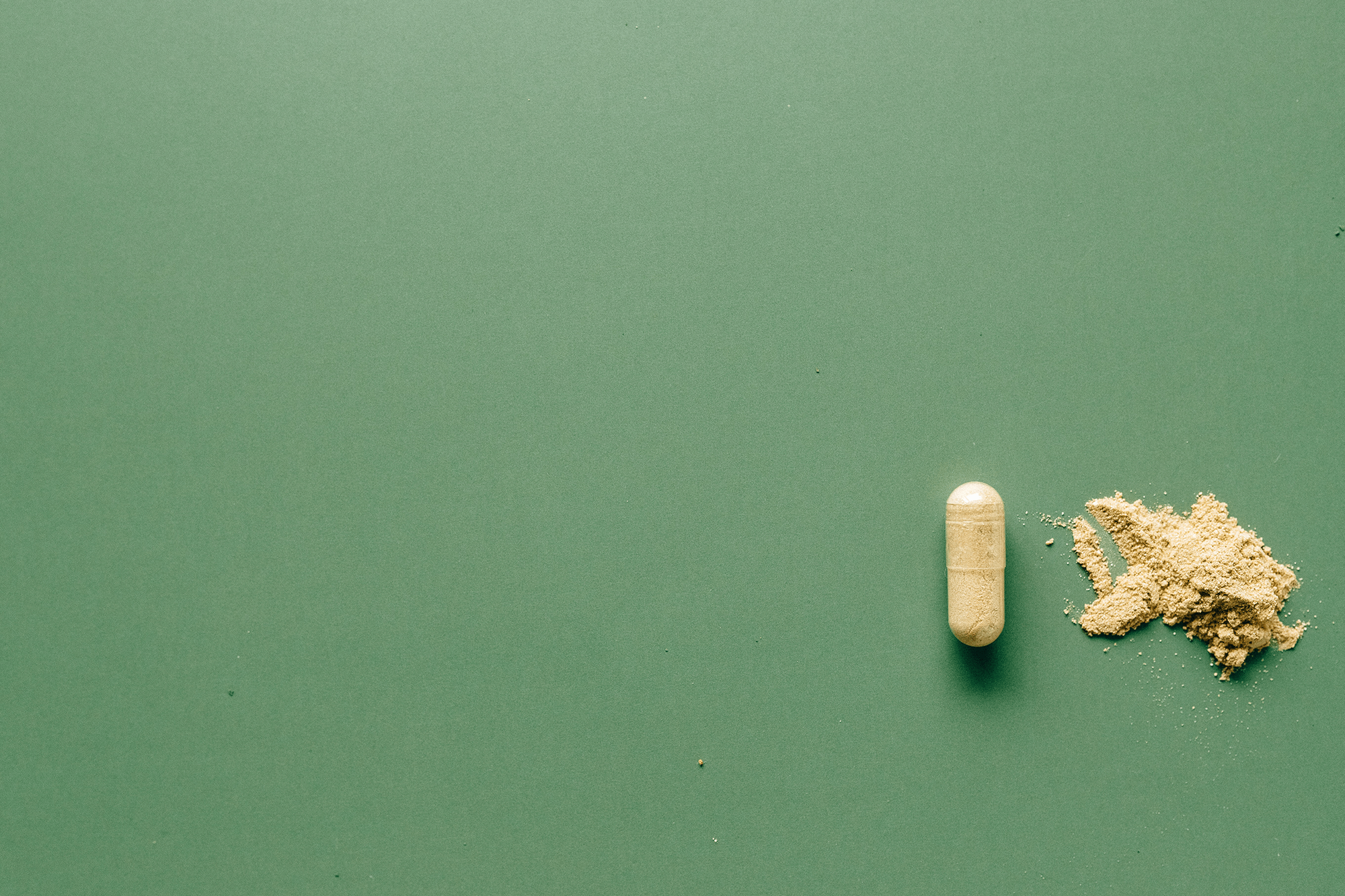
Sleep Hacks: Lifestyle Tweaks for Better Sleep
Cold Showers:
Could a cold shower actually help you sleep?
Believe it or not, the answer is YES!
Your body’s internal thermostat is a key player in your sleep game. Picture this – after a long day, you step into a cool shower.
As the refreshing chill of the water hits you, your body temperature decreases. This triggers your body’s natural production of melatonin, our cherished sleep hormone.
This drop in temperature can not only hasten your journey to dreamland but also enhance the depth and quality of your sleep.
It’s worth a shot! Try incorporating a cold shower into your nighttime routine and see if it becomes your new secret weapon for a fantastic night’s sleep.
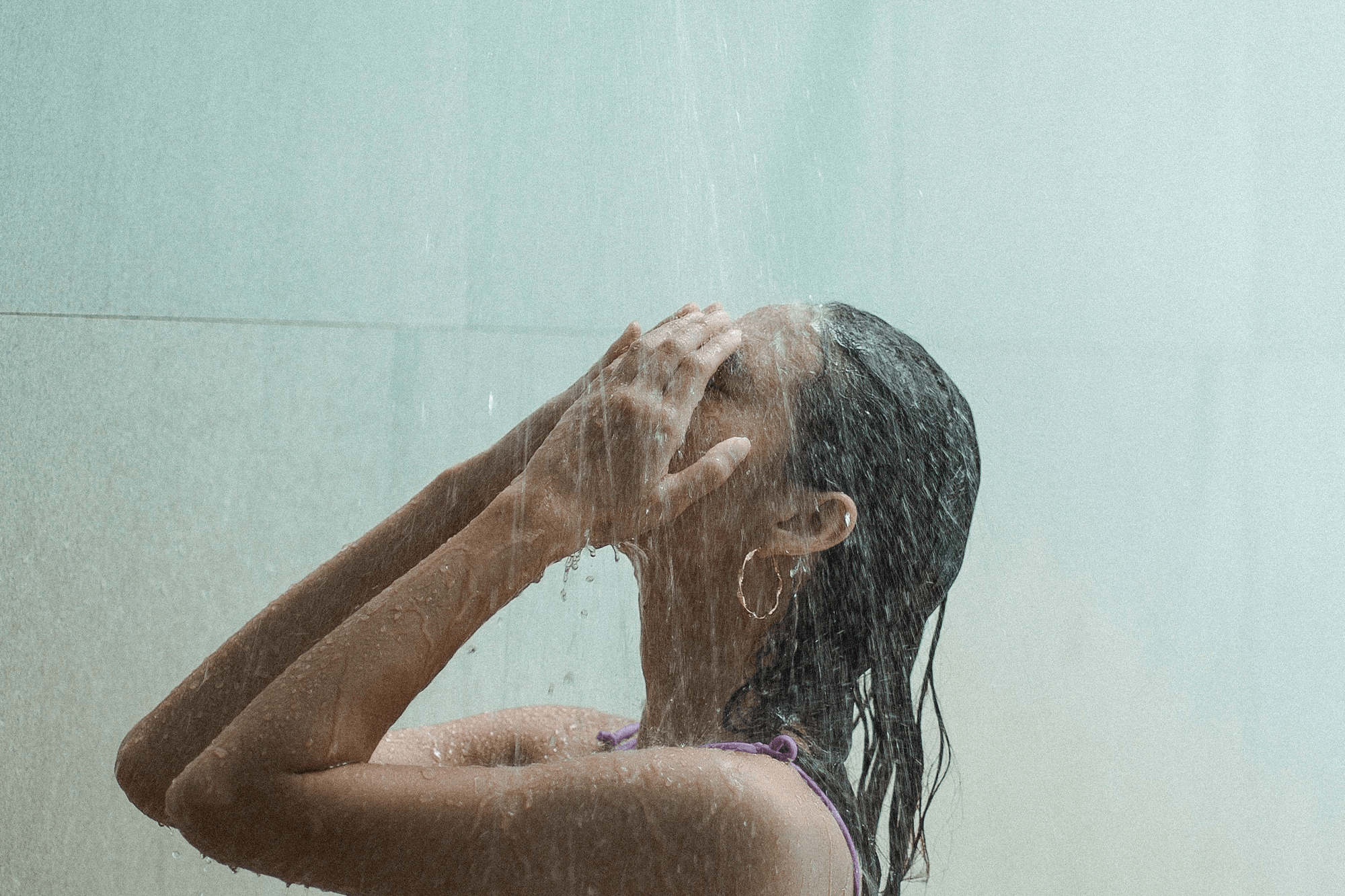
Minimise Screen Time Before Bed:
We’re living in a world that’s always aglow, with screens being major contributors. The blue light they emit can fool our brains into thinking it’s still daylight, messing with our natural sleep cycle.
Here’s a little trick – try to power down all screens at least three hours before bedtime. This includes TVs, computers, and, yes, even smartphones.
But don’t worry, this doesn’t mean staring at the ceiling for three hours. You could lose yourself in a captivating book, let calming music lull you, or engage in some gentle yoga.
These all make for perfect pre-sleep activities. You could also try dimming your house lights during this time or even light a few candles to create a serene, sleep friendly atmosphere.
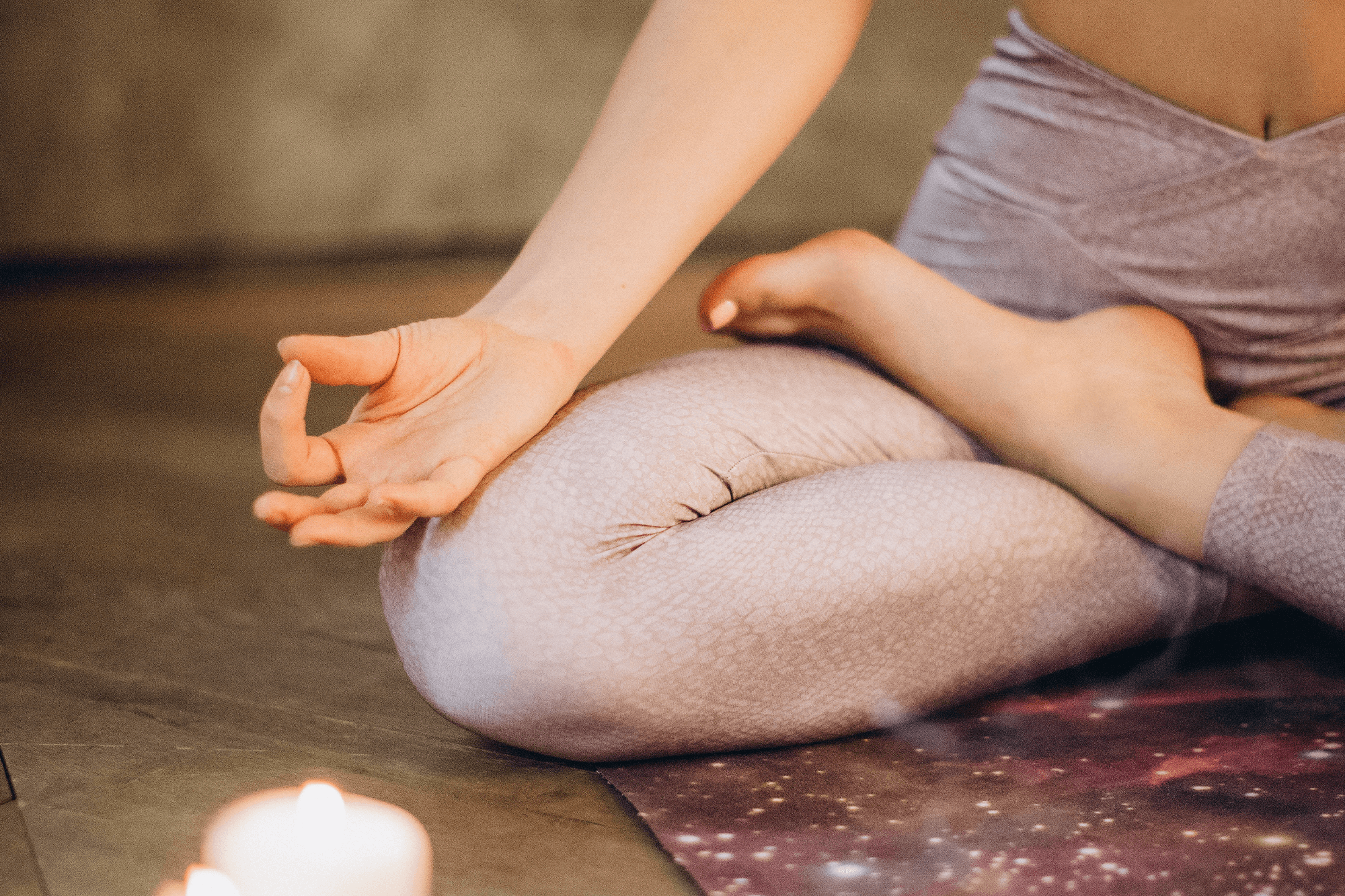
Meditation for Sleep:
Meditation might just be the missing puzzle piece in your quest for better sleep.
It’s a fantastic way to alleviate stress, lower anxiety levels, and prepare for a restful night. Picture gently guiding your mind to focus while your breaths slow and deepen.
A wave of relaxation sweeps over you, priming your body and mind for a rejuvenating sleep.
Don’t worry about becoming a meditation guru overnight. Start with just a few minutes each day, and as you get more comfortable, gradually increase your meditation time. The key here is consistency, not duration.
Even a few dedicated minutes each day can have a profound effect over time. So, give meditation a whirl – your sleep will thank you!
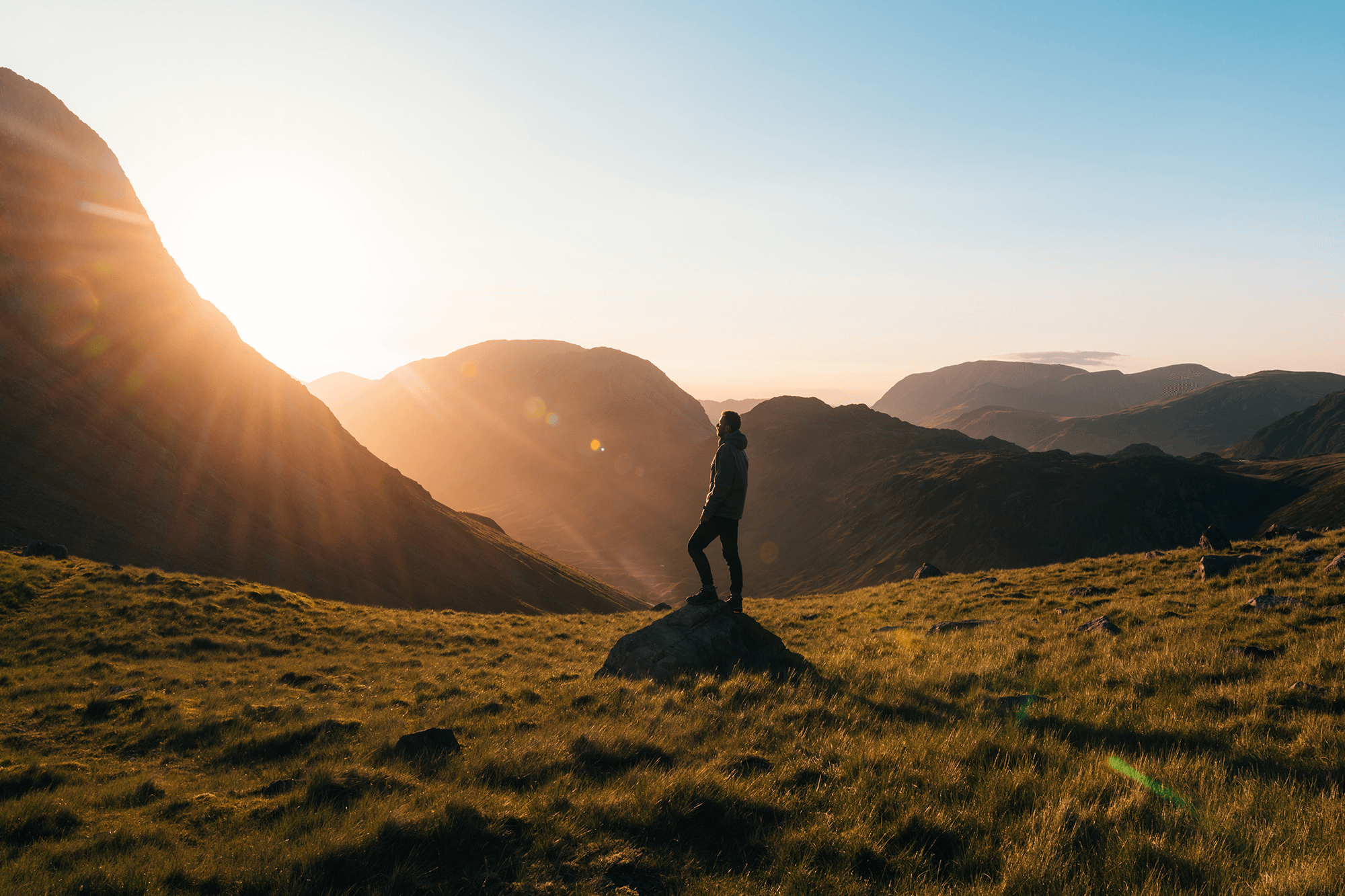
Morning Sunlight:
Morning sunlight exposure can do wonders for resetting your internal body clock, or circadian rhythm. This rhythm controls various bodily functions, including your sleep wake cycle.
A short morning walk outside can signal your body that it’s time to kick start the day, helping you feel more awake and alert in the morning and more prepared for sleep at night.
Regular Exercise and Balanced Diet:
Have you noticed how a solid workout can leave you yearning for your pillow? Regular physical activity can be a game changer for quicker sleep onset and deeper sleep.
You don’t have to train for a marathon – just something moderate and enjoyable, like a brisk walk, a refreshing swim, or a peaceful bike ride.
Just remember to wrap up your workout a few hours before bedtime. Sweating it out too close to your bedtime might end up keeping you awake.
And let’s not forget about nutrition. Like a car needs fuel to run smoothly, our bodies need a balanced diet for quality sleep.
Ensure you’re eating enough to support your daily activities without falling into a calorie deficit. Eating too little can trigger a surge in ghrelin, the ‘hunger hormone’, which can disrupt your sleep. Let’s nourish our bodies for a restful night’s sleep!
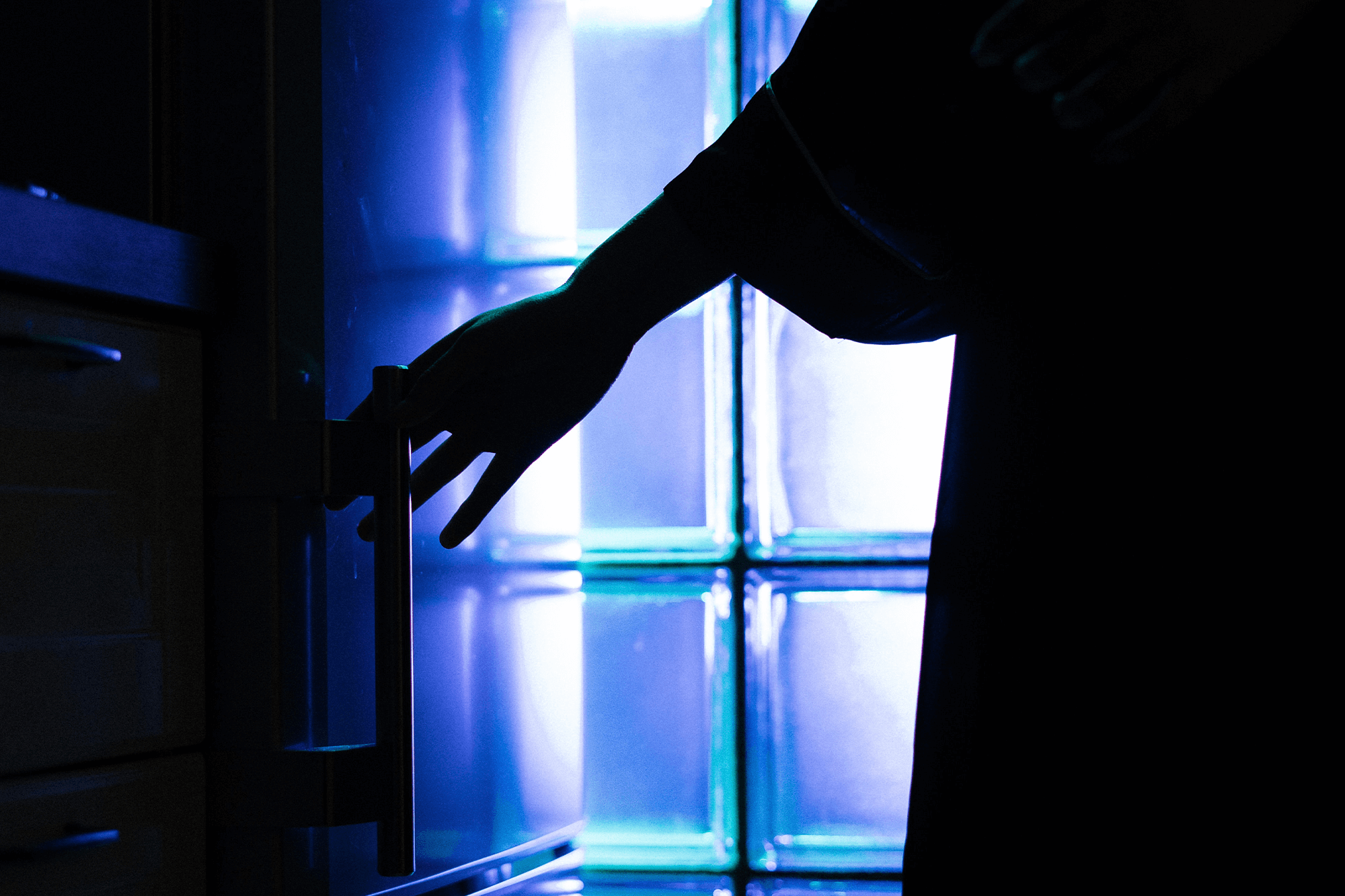
Avoid Late Night Eating:
Eating too close to bedtime can stir up digestive issues, potentially interfering with your precious sleep.
It’s a good idea to have your last meal of the day about 2 to 3 hours before you plan to turn in. This gives your body enough time to process the food.
But what if late night hunger strikes? I’ve got you covered.
If your tummy starts rumbling as bedtime approaches, opt for a light snack, something easy to digest like a banana or a small bowl of yogurt. It’s all about finding a balance that keeps both your hunger and sleep in harmony!
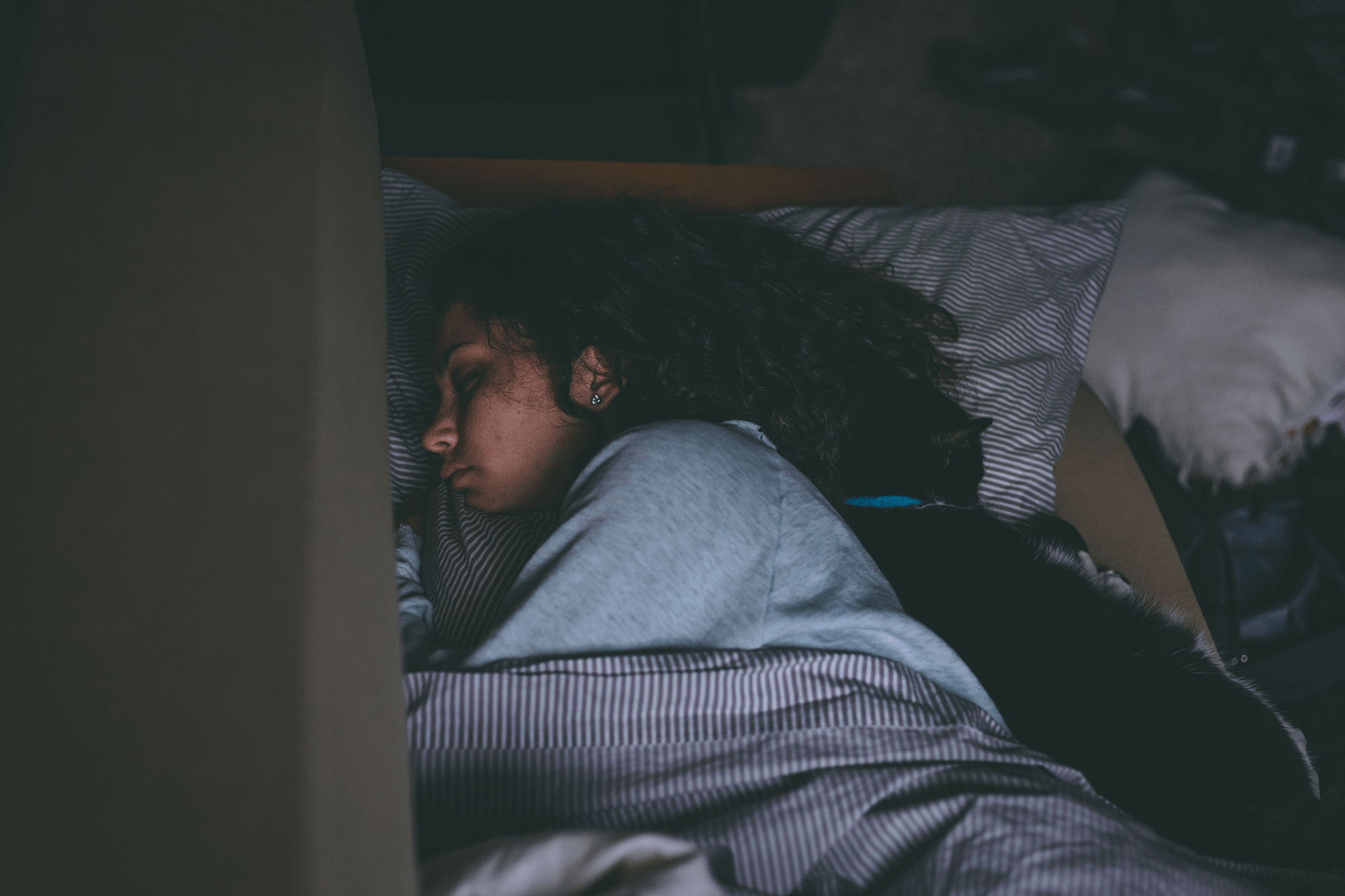
Implementing these simple lifestyle changes can truly transform the quality of your sleep and overall well-being. Remember, improving sleep is a journey, not a sprint.
Be patient with yourself, take it one step at a time, and celebrate small victories along the way.
In conclusion, sleep is vital to our overall health and wellness. It’s worth exploring different techniques and supplements to find what works best for you.
Embrace this journey towards improved sleep, and remember, every step forward is progress.
Should you need additional support along the way, the National Sleep Helpline is just a call away. Here’s to better sleep and a healthier you!

